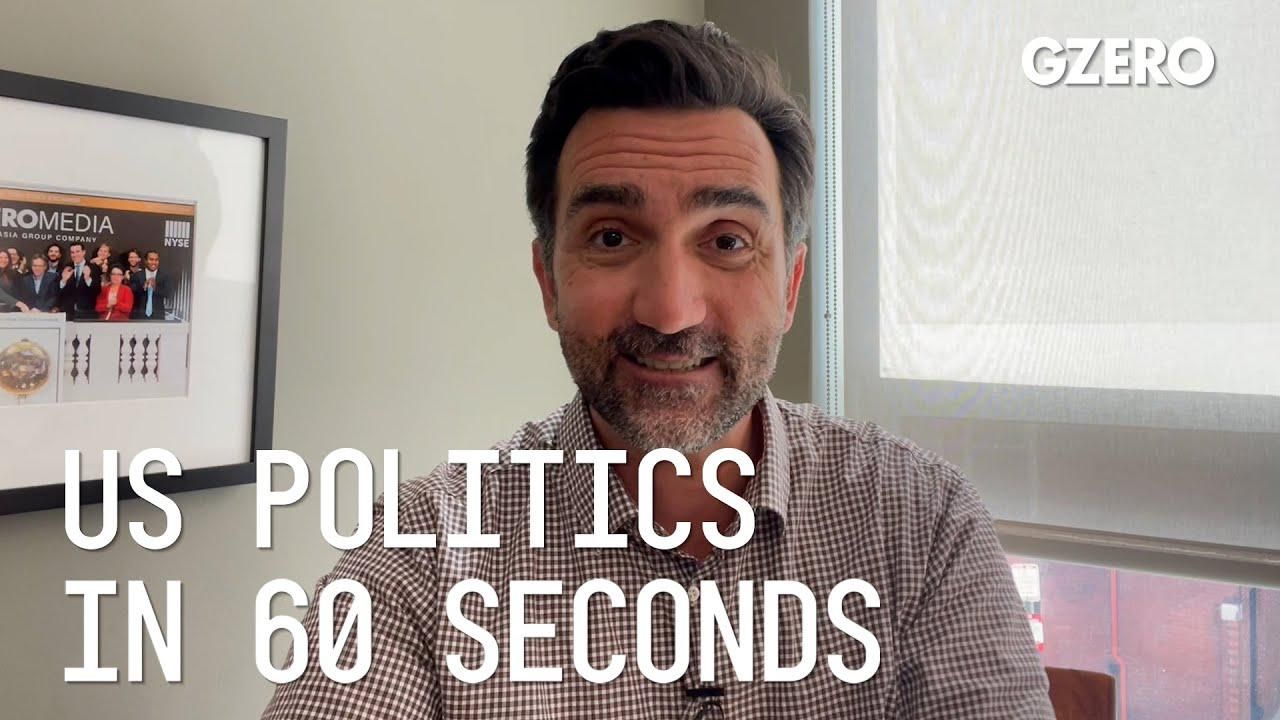
Jon Lieber, head of Eurasia Group's coverage of political and policy developments in Washington, shares his perspective on the US ban on Russian oil imports.
Today, Biden announced a ban on Russian oil imports. What will this mean for Americans in the near-term?
Well, prices have already rocketed at the pump in result of the Russian invasion in Ukraine and the incredible sanctions that the US and the EU have put on Russia as a result. The average price for a retail gallon of gas has gone up 55 cents just in the last week, and it's likely to escalate even further with today's announcements, potentially reaching $5 or even $6 a gallon. This is unprecedented in the US and hearkens back to the energy price shocks of the 1970s that led to an inflationary price spiral that took years for the US economy to unwind. The Biden administration's signaling this is not the end of their escalation against Russia and is preparing the American people to bear some of the costs of these incredible actions.
Unfortunately, for Biden, there isn't much he can do in near-term to alleviate these price pressures. He went out of his way to warn oil companies against price gouging, but this is really more about blame-shifting than it is an actual solution to higher prices. The Biden administration did announce a release of $30 million from the Strategic Petroleum Reserve, yet prices keep on rising. He cannot force oil companies to drill more. In the long-term, the Biden plan still calls for decarbonization of the US economy, which hurts the investment picture for new, very costly oil and gas projects, but in the very, very long-term could allow the US to be independent from fossil fuels. This is not a short-term solution, however, and the price of gas is going to keep going up further, which will test the American public's willingness to continue this war against Russia. Biden is seeing a small polling bounce in the war, it's important to note, but the domestic consequences of this as they become more clear will test the American people's patience for this war as energy prices rise.
- The Graphic Truth: Oil prices surge over Ukraine war - GZERO Media ›
- What We're Watching: Soaring oil prices, inching towards an Iran ... ›
- The worst may be yet to come in Russia-Ukraine energy crisis ... ›
- Watching the War: Ukrainians resist, West triggers SWIFT sanctions ... ›
- Eastern European leaders visit Kyiv in unprecedented show of support - GZERO Media ›
- European small biz owners impacted by Ukraine war and COVID, says head of industry group - GZERO Media ›
- Grading the US response to Ukraine - GZERO Media ›